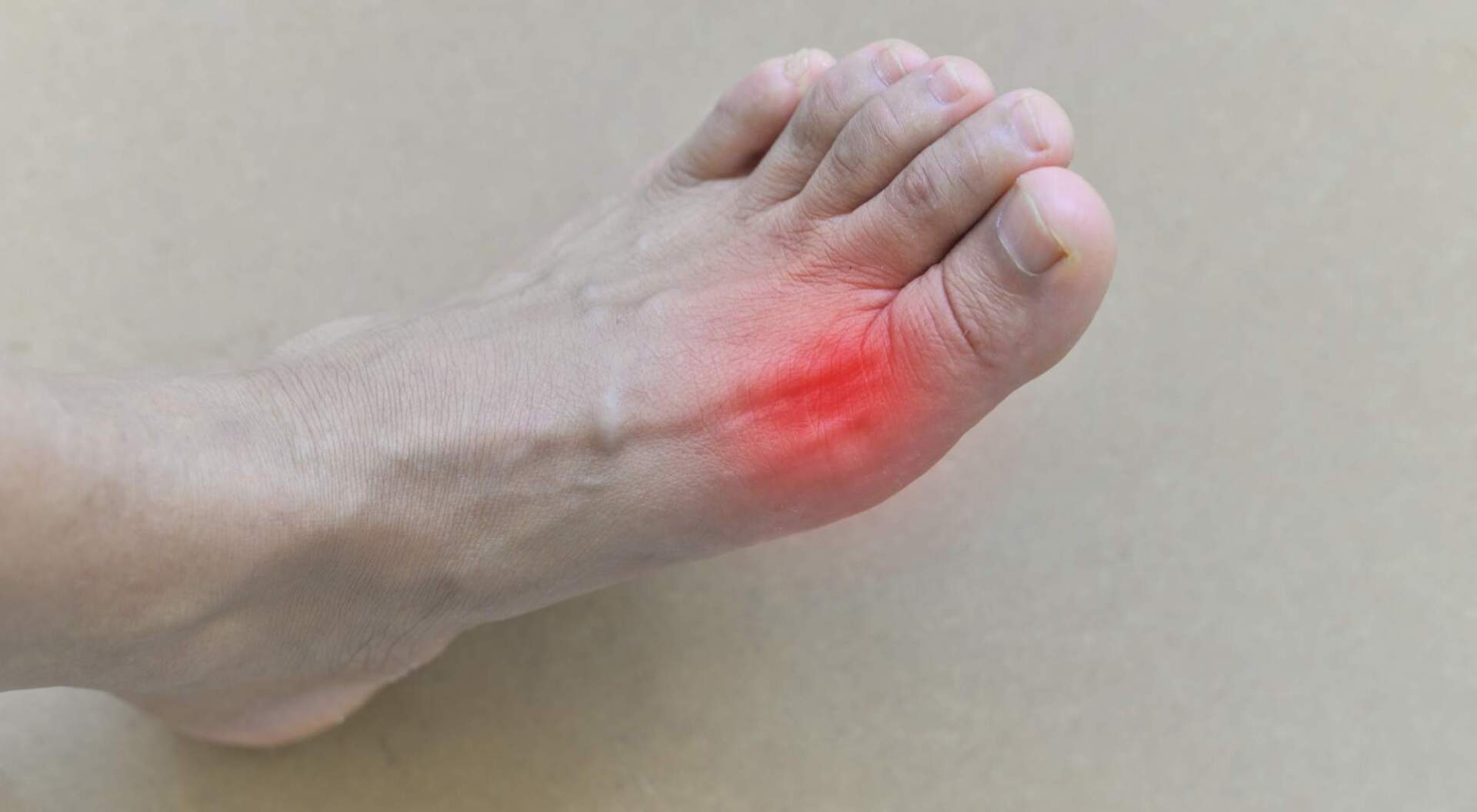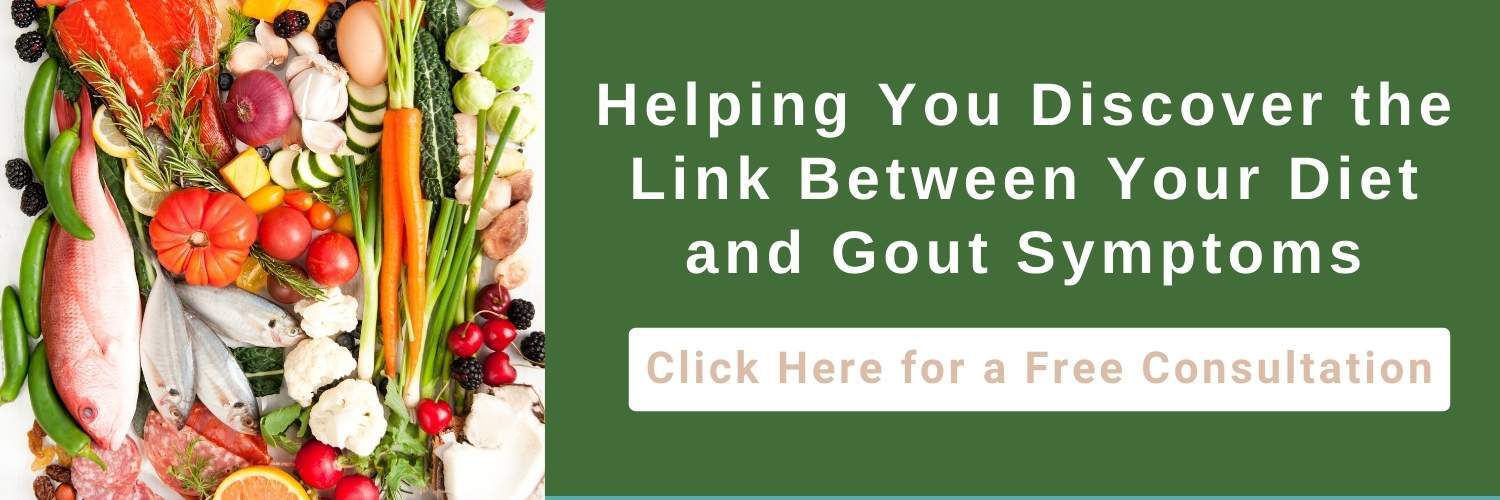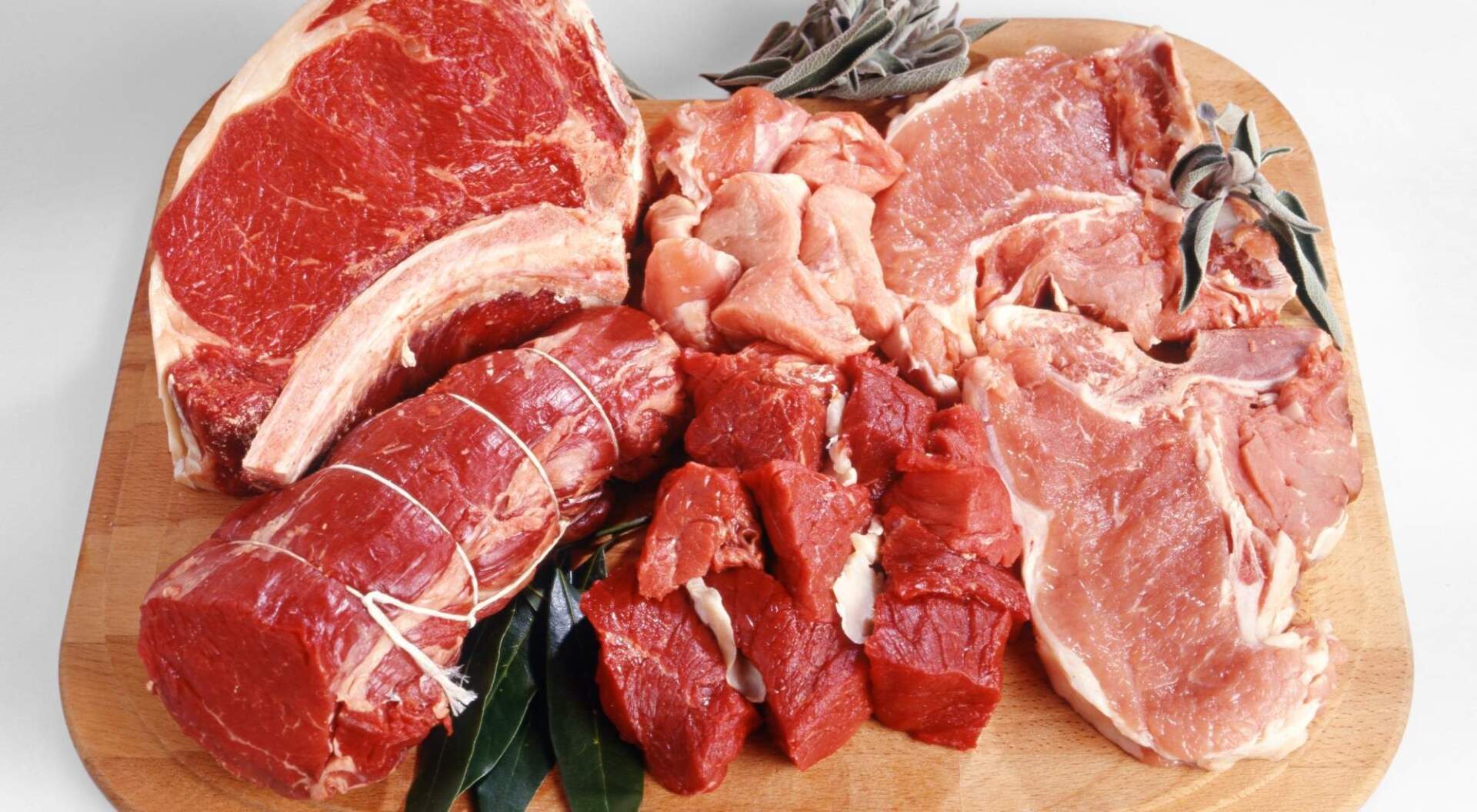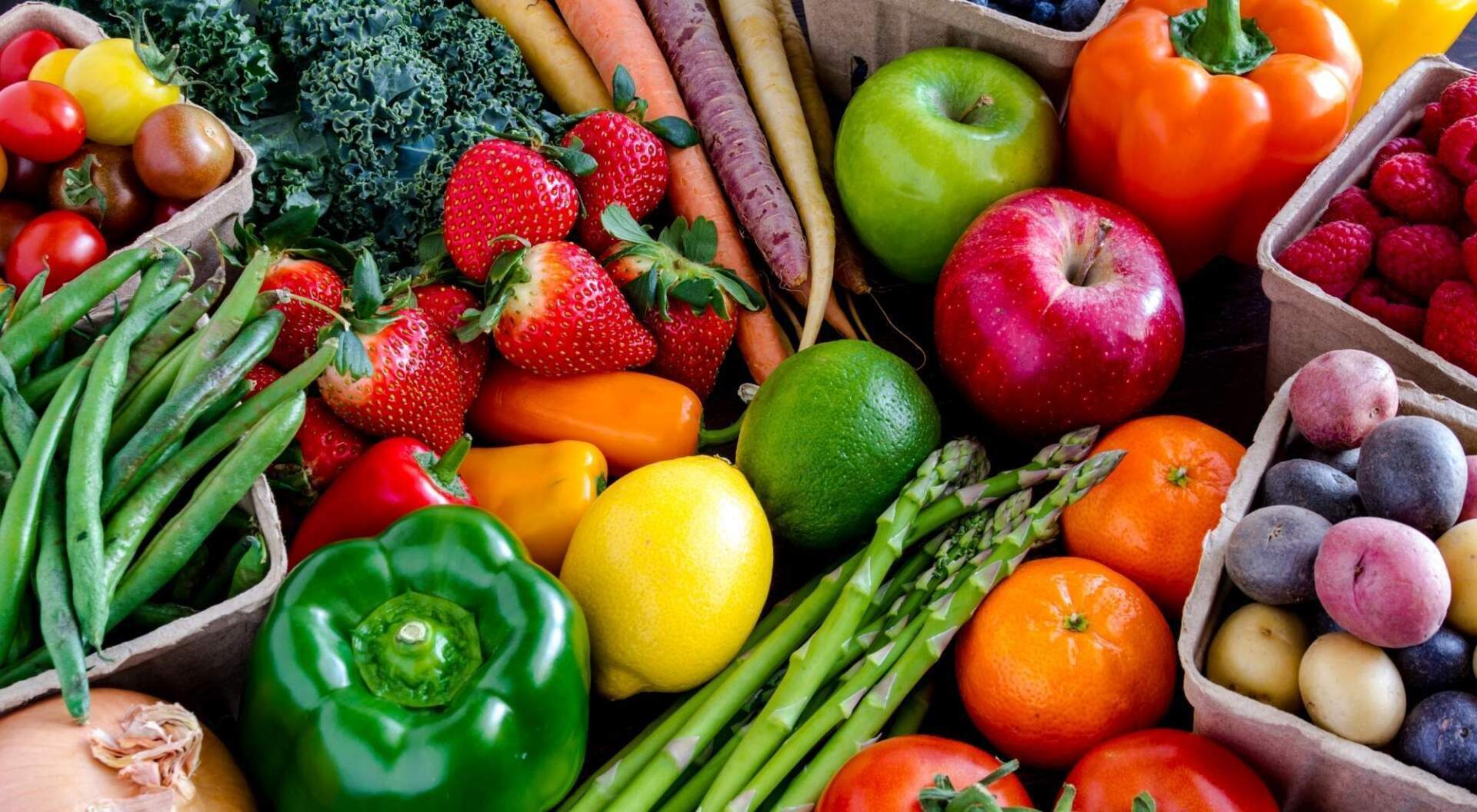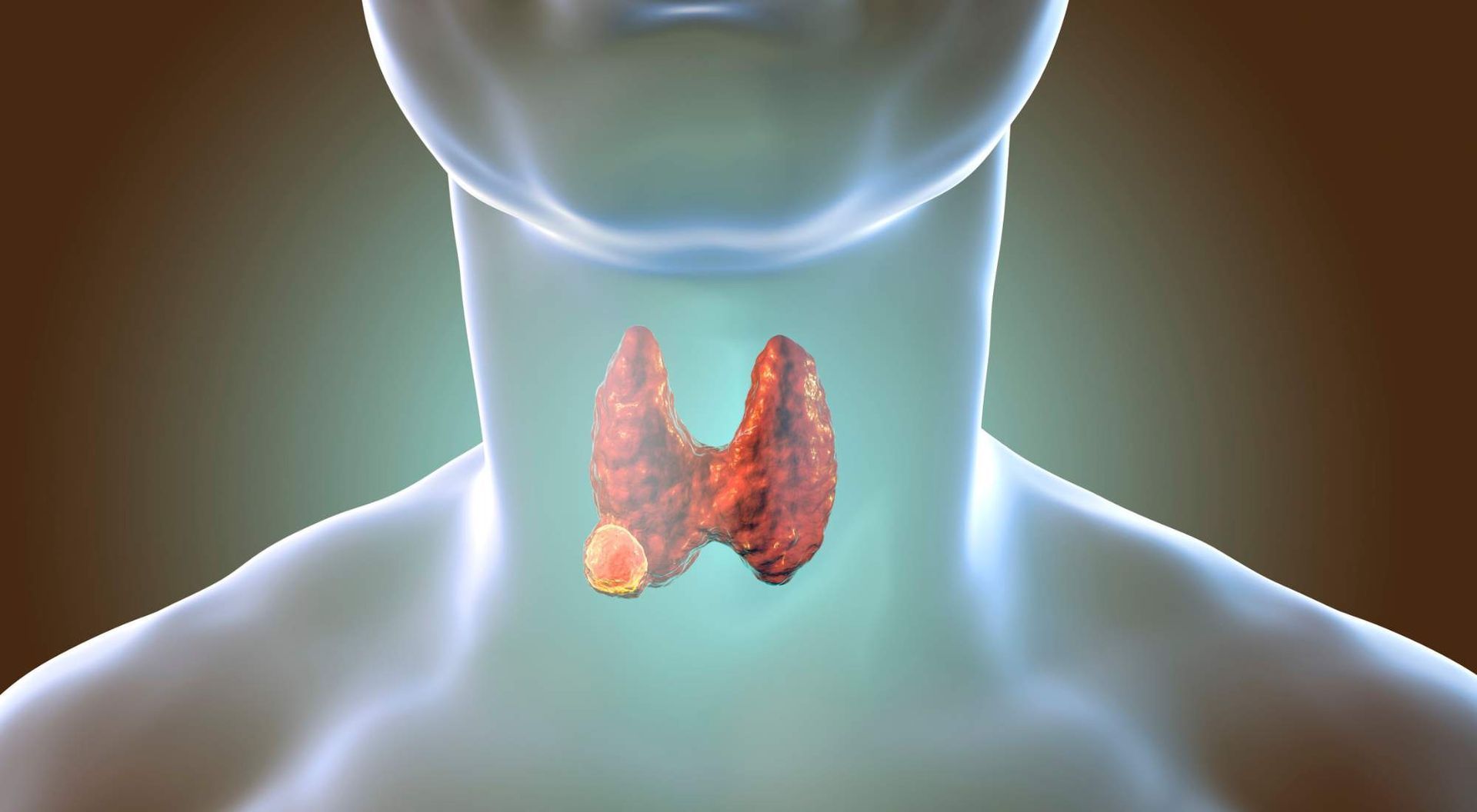Improved Symptoms Through Diet: Foods To Avoid With Gout
"The content below is not intended to be a substitute for professional medical advice, diagnosis, or treatment. Always seek the advice of your physician or other qualified health provider with any questions you may have regarding a medical condition."
If you're one of the millions of Americans suffering from gout, you know how painful and debilitating it can be.
The inflammation of your joints and tendons is not only painful but can make it difficult for you to perform even the most basic daily tasks.
When you're in that much pain, you want to do what you can to get some relief.
Did you know your diet plays a big role in managing the symptoms of gout?
By avoiding certain foods, you can help keep gout under control.
In this blog, we'll share some of the worst offenders when it comes to exacerbating the symptoms of gout and let you know some natural ways to get relief.
Table of Contents
How Do Certain Foods Make Gout Worse?
Gout is a form of arthritis that can cause severe …
- Pain
- Swelling; and
- Inflammation
… in the joints.
The condition is caused by a build-up of uric acid in the blood, which can then form crystals in the joints. Although gout can affect any joint in the body, it is most commonly in the big toe.
Certain foods can make gout worse by increasing the levels of uric acid in the blood.
These foods are high in purines, which are compounds that are broken down into uric acid when digested.
Avoiding
high-purine foods is one of the key dietary changes people with gout should make.
Which High-Purine Foods Are Okay to Eat if You Have Gout?
Some high-purine foods are okay to eat if you have gout, as long as they are consumed in moderation.
This includes:
- Legumes such as beans and lentils
- Nuts such as almonds and peanuts
- Seeds such as flaxseeds and sunflower seeds
- Whole grains such as oats and quinoa
- Vegetables such as broccoli and cabbage
You can also have small amounts of dairy products, like milk and yogurt, and low-fat proteins like tofu.
Because everyone's body is different, it's wise to consult with a health professional that specializes in ensuring your nutrition and health go hand-in-hand.
And that's exactly what we do at HealthierU. Click below to set up your free consultation.
List of Foods To Avoid With Gout: Top 6 Culprits That Trigger Flare-Ups
If you are struggling with gout, you are not alone.
According to the National Kidney Foundation, gout affects over 8.3 million adults in the United States.
There are many different things that can trigger a gout flare-up, but some of the most common culprits are listed below.
#1: Sugary Foods and Beverages
There are several foods that can trigger a gout attack, and some of the most common are sugary foods and beverages, such as:
- Candies
- Baked goods
- Sweetened cereals; and
- Sodas
Sugar can cause the body to produce more uric acid, which can lead to a gout attack.
There are different types of sugar, and some are worse for gout than others. For example, fructose is often found in processed foods and sugary drinks, and it can be problematic for people with gout.
Fruits contain sugar, but they also have other nutrients that can help to offset the negative effects of the sugar.
So if you have gout, avoid sugary foods and beverages, but you don't need to avoid all fruits.
#2: Processed Foods
Processed foods are another common trigger for gout attacks.
These foods are often high in sugar, sodium, and other compounds that can increase the levels of uric acid in the blood.
Some of the most common processed foods to avoid include:
- Canned soups and vegetables
- Frozen dinners
- Processed meats
- Junk food; and
- Snack foods such as chips and crackers
If you have gout, it's important to limit your intake of processed foods and eat more fresh, whole foods.
#3: Organ Meat and Red Meat
Organ meat and red meat are both common triggers for gout attacks. These foods are high in purines, which can increase the levels of uric acid in the blood.
Some of the most common types of meat to avoid include:
- Red meats such as beef and pork; and
- Organ meats such as liver and kidney
Other meats like lamb, pork, and beef can cause flare-ups as well.
If you have gout, it's important to limit your intake of these foods. You can still eat meat, but you should choose leaner cuts and limit your portion size.
#4: Some Types of Fish and Seafood
There are several types of fish and seafood that can trigger a gout attack.
Some fish and seafood have moderate to low levels of purines and are okay to consume in moderation, such as:
- Carp
- Haddock
- Halibut
- Sea bass
- Codfish; and
- Flounder
Others are not okay to eat, including …
- Bass
- Catfish
- Pollock; and
- Sardines
… due to high levels of purine.
#5: Alcohol
Alcohol is one of the main foods that trigger gout flare-ups.
If you have gout, it is important to avoid alcohol or drink it in moderation. For example …
- Beer
- Wine; and
- Hard liquor
… are especially problematic for people with gout.
It is unclear why alcohol plays such a role in gout flare-ups, but it is thought alcohol might interfere with the body’s ability to process uric acid.
If you drink, limit your intake and drink plenty of water to stay hydrated.
#6: Yeast and Yeast Extracts
Yeast and yeast extracts are common foods to avoid with gout.
The list of ingredients includes:
- Yeast
- Fermented foods
- Aged cheeses; and
- Beer
Fermented foods and yeast are especially high in purines, which can trigger gout attacks.
What Should I Eat and Drink To Avoid Gout Flare-Ups?
Instead of focusing on what not to eat, it’s helpful to know what you should eat and drink to avoid gout flare-ups.
Some of the best foods to eat and drink to avoid gout flare-ups include foods that are low in purines and can help lower the levels of uric acid in your blood.
Look at the following for some great food choices.
Lots of Fruits and Vegetables
Fruits and vegetables are helpful for people with gout because they are low in purines — meaning they won't trigger a gout attack.
In addition, fruits and vegetables are also high in vitamins and minerals that can help reduce the levels of uric acid in your blood.
Some great choices include:
- Watermelon
- Strawberries
- Blueberries
- Raspberries
- Cherries
- Grapefruit
- Oranges
- Lemons
- Limes
- Carrots
- Celery
- Broccoli
- Kale
- Spinach; and
- Cabbage
Vitamin C
Vitamin C is thought to play a role in helping lower uric acid levels. Many people think of orange juice when they think of vitamin C, but this is not a good choice since high fructose can trigger gout.
However, there are other foods that are high in vitamin C that may be a better option for people with gout.
These include foods like:
- Broccoli
- Kale, and
- Oranges
A
2009 study suggests that vitamin C supplements may also be helpful in reducing the risk of gout attacks.
Coffee
According to some research, caffeinated coffee appears to be effective in reducing the risk of gout flare-ups.
It is thought that coffee may help to lower uric acid levels in the blood, which can trigger gout attacks.
If you enjoy coffee, drinking it in moderation may help reduce your risk of gout attacks.
Other Miscellaneous Foods
There are a few other foods that may also help reduce the risk of gout attacks.
These include:
- Complex carbs such as whole grains and legumes
- Healthy fats such as omega-3 fatty acids
- Lean proteins such as fish and poultry; and
- Low-fat dairy such as yogurt and low-fat milk
If you are having problems with gout, it is important to see a nutritionist to develop a personalized treatment plan.
More Tips for Controlling Gout
Maintain a Healthy Weight
Maintaining a healthy weight is an important part of managing gout.
Excess weight puts extra strain on your joints and can increase the level of uric acid in your blood.
Losing weight can help reduce the frequency and severity of gout attacks. There are several ways to lose weight, and it is important to find one that is right for you.
Talk to a health expert, like the professional team at HealthierU, about ways to
lose weight and maintain a healthy weight.
Try Nutrition Response Testing
Nutrition Response Testing is a type of testing that uses applied kinesiology (muscle strength testing) to determine which foods are causing inflammation in your body.
This type of testing can help you identify the foods you should avoid in order to reduce the risk of gout attacks.
HealthierU provides a variety of Nutrition Response Testing options that can help determine which foods are causing inflammation in your body.
Using this information, your doctor can help you develop a personalized plan for reducing the risk of gout attacks.
Let HealthierU Help You Take Control of Your Body Again
If you are one of the millions of Americans affected by gout, the professional team at HealthierU can help.
We offer a variety of services to help you take control of your body again, including:
- An initial consultation to discuss your symptoms and develop a plan of care
- Dietary counseling to identify and avoid trigger foods
- Weight management assistance; and
- Chiropractic care
If you or someone you love is struggling with gout, don’t wait any longer to get help.
Contact us today to schedule an appointment.

